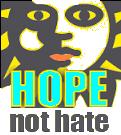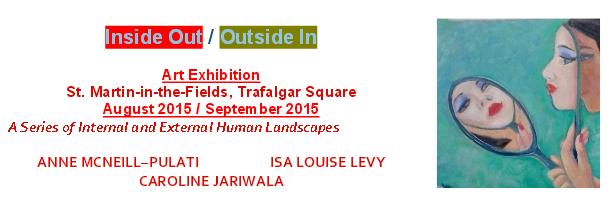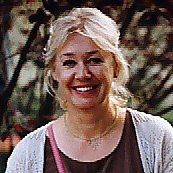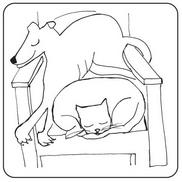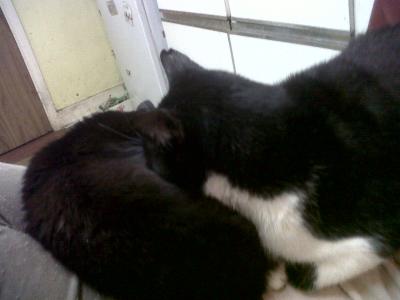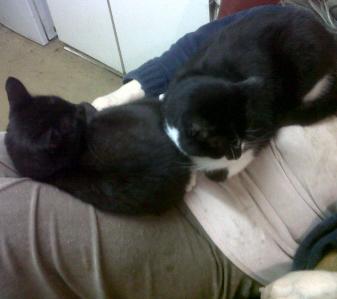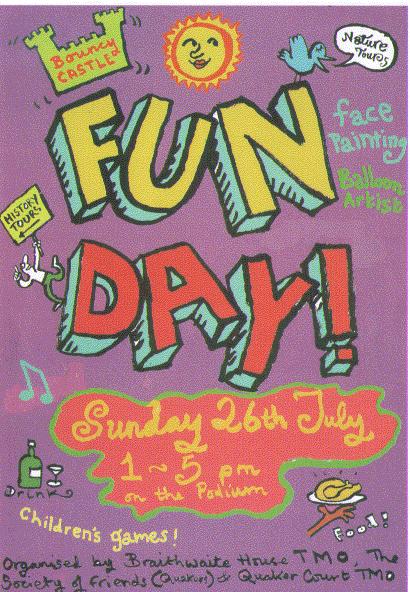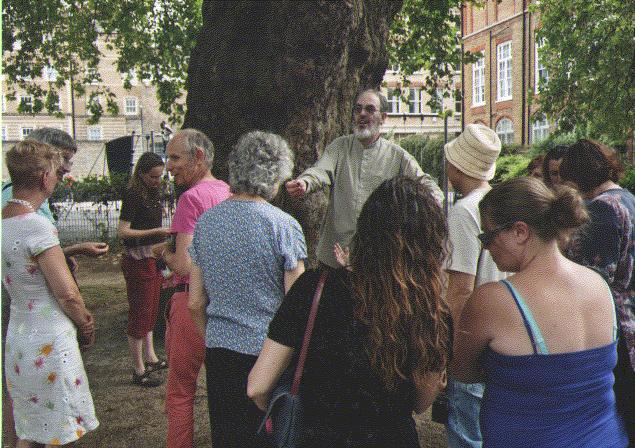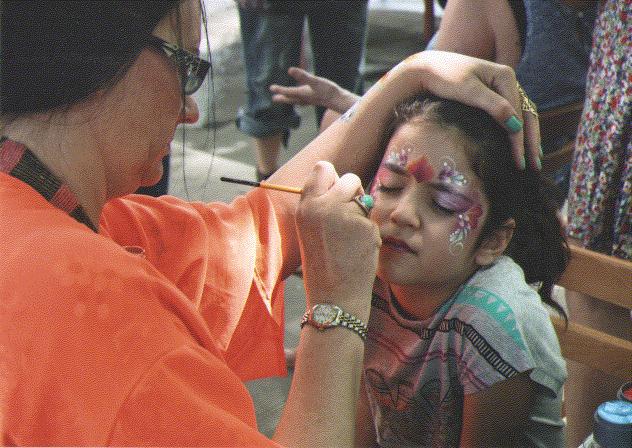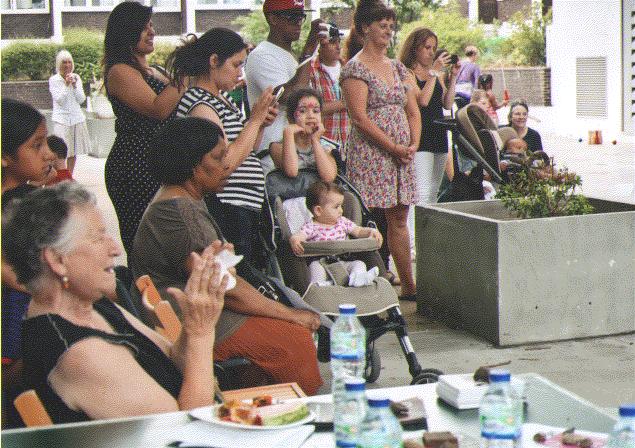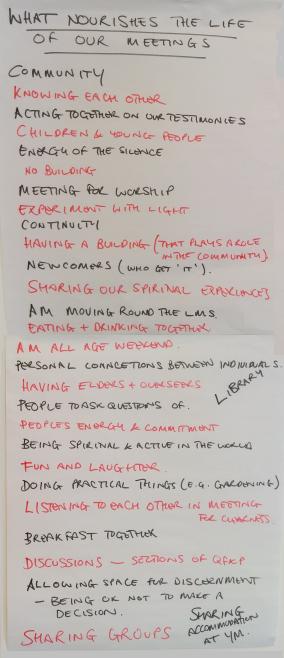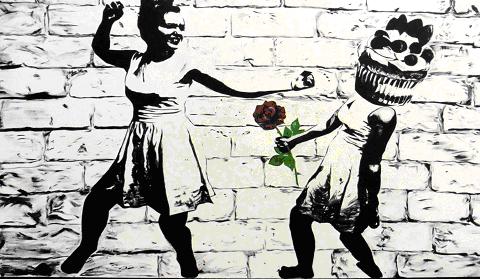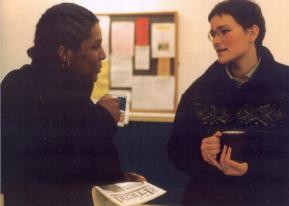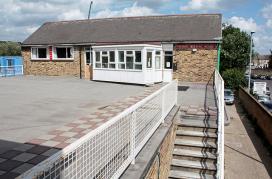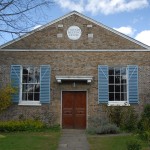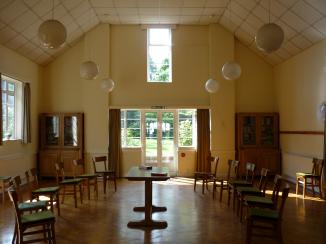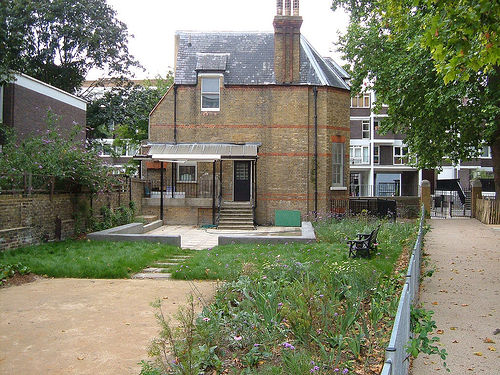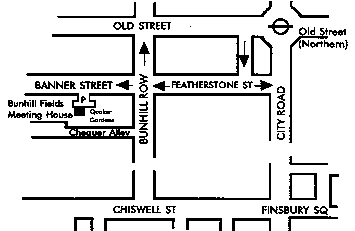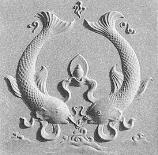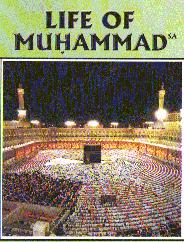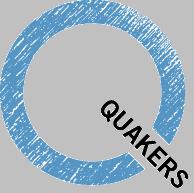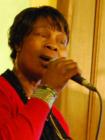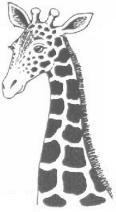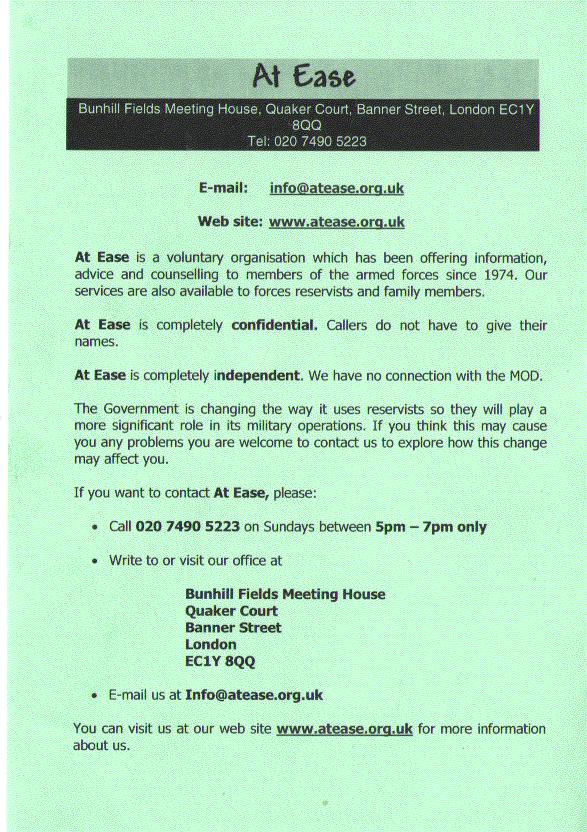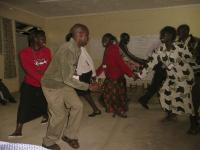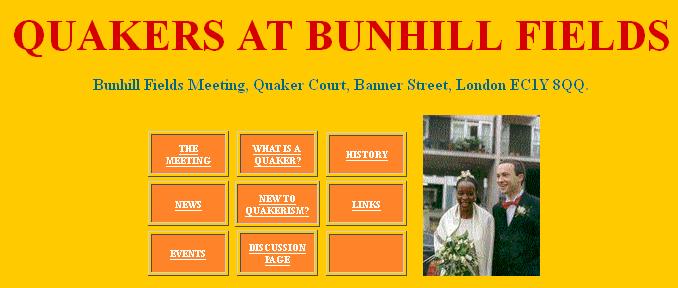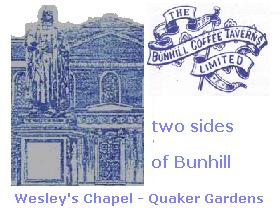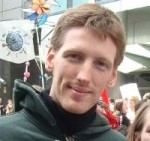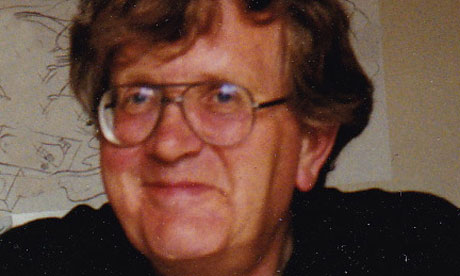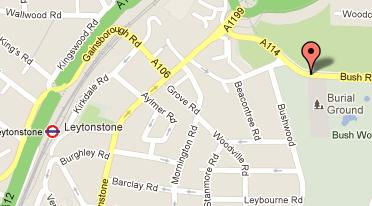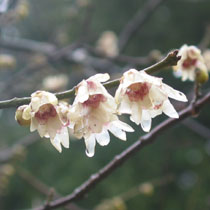|
A thought for 2013 from Quaker Helen Drewery - BBC Radio Four
31.12.2012
Good morning. Two incidents of horrific violence have shocked us all in
recent days: the church organist killed in Sheffield on his way to Midnight
Mass, and the medical student in Delhi whose funeral was held yesterday. In
the light of those I want to tell you two different stories about ordinary
people's successful efforts to counteract violence.
A young woman in Year 9 at school - about 14 years old - was walking home
through a park at dusk, and saw a group of Year 10 students she recognised
from her own school, standing in a circle. As she got nearer she could see
that one of them was holding down and punching someone from her year group.
He was being hit in the face repeatedly. The crowd was jeering. The young
woman was terrified but walked into the centre of the circle and just said
'stop doing that', and to her amazement they did, and she was able to take
the boy back to his home.
But peace does not just require personal courage. It can be organised for.
My second example is set in
Kenya. Local Quakers there, learning from past
experience, were determined to be well prepared to limit the predicted
violence around the coming general elections. So they invited in a British
Quaker project to give them training in skills of active non-violence,
helping people to see that real political change can be achieved by
peaceful means. Already they have launched a campaign to challenge unfair
local taxes. The alternative might easily have been a violent riot.
As we turn to face the new year, maybe bracing ourselves for more conflicts
and challenges, we need a sense of hope. I try to remember all the
countries and communities which don't feature in the news headlines,
because ordinary people are busy keeping the peace. And many feel supported
by their faith to do more than they could have done in just their own human
strength.
Who knows what violence has been prevented, at an early stage, by the
unknown actions of ordinary people? A century ago there were people working
to prevent the outbreak of World War One. They failed - but failure is not
inevitable. Wars that have been prevented have no names and no dates -
documentaries are rarely made about them.
So what would it take for us to be peacemakers, in the coming year? I
suggest it takes, mostly, a willingness to build trust, and some skills in
cool-headedness, which can be learnt by anybody. And many people find that
it really helps to see every human being as unique, precious and a child of
God.
It has been said: "there is no way to peace - peace is the way." Or as
Sydney Bailey, a Quaker who worked at the United Nations, put it: ''peace
is a process to engage in, not a goal to be reached'.
A Thought for Hanukah from The Chief Rabbi Lord Sacks - BBC Radio Four
13.12.2012
This week we've been celebrating Hanukah, the Jewish festival of freedom,
and what a week it's been. On Monday night, together with thousands of
people, we had a Hanukah ceremony in Trafalgar Square, with choirs, a rock
band, and chocolate coins for the children. And I thought, this would have
been inconceivable even a generation ago. So haunted have Jews been by a
history of prejudice and persecution, that we often used to hide our
identity in public; and yet here we were sharing our joy with others, with
confidence and pride.
On Tuesday together with Jewish and non Jewish members of the metropolitan
police, we lit candles in Scotland Yard, and I recalled the extraordinary
remark I heard some years ago from one of the people who'd been rescued
from Nazi Germany by kindertransport, the operation that saved 10,000
Jewish children in 1939. She spoke of the shock of freedom she felt when
she realised that in Britain a policeman might be not an enemy but a
friend.
Last night we lit candles in the speaker's residence in the House of
Commons, and again I had that same feeling, remembering that not until
1859, two centuries after Jews returned to Britain, could someone of our
faith be admitted as a member of parliament. These are, by any historical
standards, extraordinary times, and this, a remarkable country. There are
few places in the world where the leaders of our many faiths are such close
personal friends, and where minorities have the confidence to share their
celebrations with neighbours and strangers.
So when the results of the census came out this week, showing that there
are six million fewer religious believers than there were ten years ago,
but that the minority faiths are getting stronger, I thought: perhaps
heaven is summoning us to a deep and difficult truth, that all religions
are at their best when they are a minority voice, when they have influence
but not power, when they make space for people whose views are different
from their own, when they offer others their stories and songs, hospitality
and food, seeking nothing in return.
Religion isn't about power but about the powerless. It's about those who
have more than they need sharing their blessings with those who have less
than they need. The candles of Hanukah are the light we share with the
world; and the more faiths Britain celebrates and the more we share, the
more light there will be.
|

